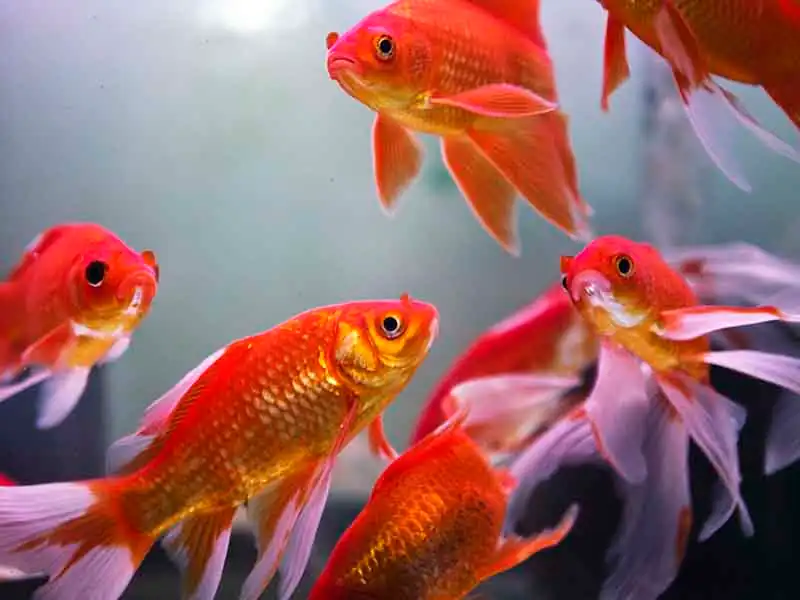
The Diverse Aquatic Wonders
Fish, a diverse group of aquatic creatures, have been captivating humanity for millennia. From the shimmering schools in coral reefs to the mysterious depths of the ocean, fish have played a crucial role in the planet’s ecosystems and human culture. In this article, we will explore the fascinating world of fish, their astonishing diversity, and their importance to both the environment and human societies.
Diversity and Adaptability
Fish are found in nearly every body of water on Earth, from the smallest streams to the vast oceans. They exhibit an incredible range of shapes, sizes, and colors, adapted to their unique habitats. From the stealthy predators like the great white shark to the vividly colored coral reef fish like the clownfish, their adaptations are truly awe-inspiring.
One of the remarkable aspects of fish is their ability to adapt to various environments. Some species can survive in freezing waters, while others thrive in the extreme heat of hydrothermal vents. Their adaptability has allowed them to occupy nearly every aquatic niche, making them an integral part of the delicate balance in aquatic ecosystems.
Ecological Importance
Fish play a crucial role in maintaining the ecological balance of aquatic ecosystems. They serve as both predator and prey, regulating the population of other species in their environment. Some species, like the herbivorous fish that graze on algae, help keep aquatic vegetation in check, preventing overgrowth that could disrupt the ecosystem.
Furthermore, migratory fish, such as salmon, have a significant impact on the terrestrial environment too. As they return to freshwater to spawn, they transport vital nutrients from the ocean, enriching the ecosystems of rivers and lakes. These nutrients contribute to the growth of various plants and other aquatic organisms, supporting a diverse food web.
Economic Significance
Fisheries have been an essential source of sustenance and livelihood for human communities for thousands of years. Today, fishing remains a significant industry worldwide, supporting millions of people. From small-scale coastal fishing communities to large commercial fishing fleets, fish provide a vital source of protein and income for many.
However, overfishing and unsustainable fishing practices have put several fish species at risk of extinction. This has raised concerns about the future of both fish populations and the livelihoods of those dependent on fishing. Conservation efforts and sustainable fishing practices are crucial to maintaining fish stocks for future generations.
Cultural and Recreational Value
Fish hold cultural significance in various societies around the world. They feature prominently in folklore, religious beliefs, and traditional ceremonies. Additionally, many indigenous communities have a deep spiritual connection with fish, considering them sacred creatures.
Beyond their cultural importance, fish offer recreational value for millions of people who enjoy fishing as a hobby or sport. Anglers appreciate the challenge and thrill of catching various fish species, fostering a deep appreciation for nature and the environment.
Threats and Conservation
Despite their remarkable adaptability, fish face numerous threats that endanger their survival. Pollution, habitat destruction, climate change, and overfishing are among the most significant challenges. Plastic pollution, for instance, poses a severe threat to marine life, as fish and other marine creatures often mistake plastic debris for food.
Conservation efforts are vital to protect fish populations and the overall health of aquatic ecosystems. Establishing marine protected areas, implementing sustainable fishing practices, and reducing pollution are some of the steps taken to preserve these remarkable creatures.
Conclusion
Fish, with their astounding diversity, ecological importance, and cultural significance, are truly aquatic wonders. From the tiniest minnow to the giant whale shark, their presence enriches our planet’s waters and touches the lives of millions of people. Understanding the significance of fish in our ecosystems and taking steps to protect their habitats is essential to ensure their survival and the well-being of our planet. As stewards of the environment, it is our responsibility to appreciate and safeguard these extraordinary aquatic beings for generations to come.





